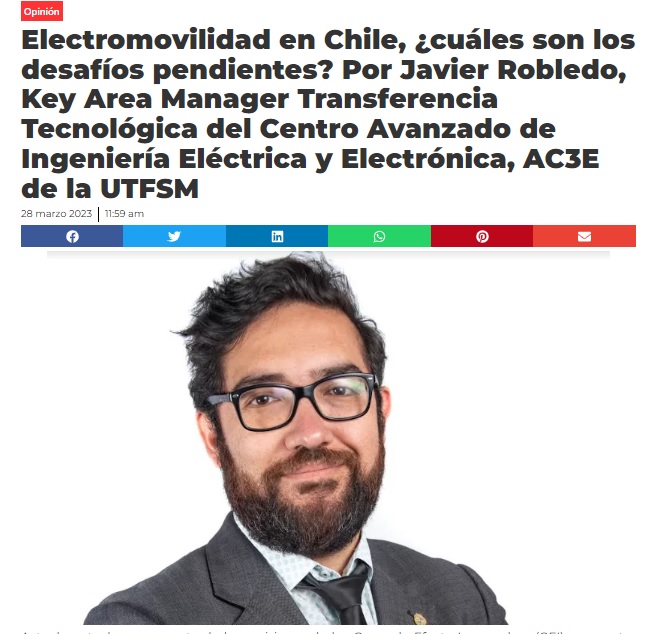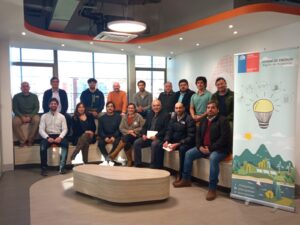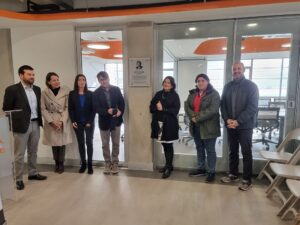Most of Chile’s greenhouse gas emissions, the main drivers of climate change, come from energy generation and consumption, particularly the transportation sector, which accounts for 25% of the total.
Chile has sought to reverse this situation, positioning itself as a regional leader in the implementation and expansion of electromobility, with initiatives such as the National Energy Policy, which aims to contribute to achieving carbon neutrality by 2050. The policy also includes the use of electric buses for public transport since 2017, with over 800 currently operating in the country.
By 2035, it is predicted that all light and medium-duty vehicles sold will be electric, but the current vehicle fleet includes only 1% electric cars. What obstacles must be overcome to successfully implement electromobility and achieve the expected environmental benefits?
First are rules and regulations related to making the construction of charging stations, including for private vehicles, more efficient and safer. Decisions will have to be made regarding the inclusion of new players in the energy commercialization market, according to the new electricity consumption profiles that will be generated by the massification of the electric vehicle fleet.
Second is charging infrastructure, which is key to meeting national electromobility needs. This means ensuring the availability and operational continuity of charging stations, increasing their coverage, and providing charging support to encourage their purchase and use in the regions. At the same time, the analysis and reinforcement of the distribution network is an issue that needs to be addressed, considering current electricity consumption trends and the new electricity demand profiles that are projected to emerge with the electrification of transport.
Third, we have the market, which, aligned with the previous points, must lay the normative and regulatory foundations for the generation and development of new actors associated with electromobility, a necessary support to enable upscaling.
Finally, we need human capital capable of designing, implementing, operating, and maintaining electromobility devices. This is where universities and research centers play a key role, as they have the technical and professional training capacity to promote this type of change. The Advanced Center for Electrical and Electronic Engineering (AC3E) of Universidad Técnica Federico Santa María has participated in this process by providing consultancy as a technical entity validated at national and international levels, with a first-class team, national presence and infrastructure and laboratory capabilities that allow it to provide technical and reliable answers.
The implementation of electromobility is demanding change of public policies, and economically, socially, and even culturally, in the medium term, while facilitating the necessary transformations to improve environmental conditions and the quality of life.










